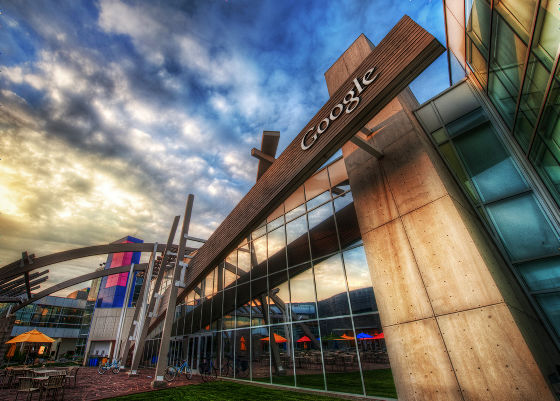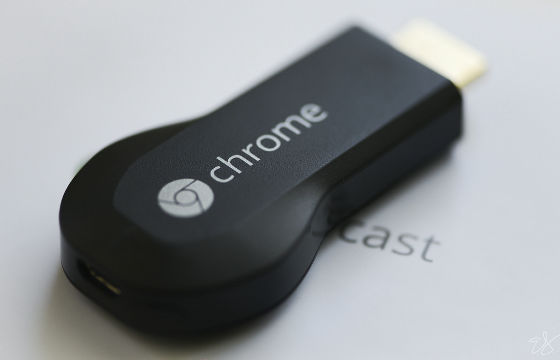What will be the anticipated future expansion of Google entering the home smart device market?

ByTammy Camp
On January 13, 2013, Google announced the smart fire alarm "Nest ProtectDevelop and sellAcquired Nest Labs for $ 3.2 billion (about 330 billion yen)We announced that it was decisive for Google to enter the full-fledged home smart device market.Google PowerMeterAlthough it was Google which had been developing business from the software direction to the home device industry before, such as, but what kind of movement will be shown by acquiring Nest Labs,Ars TechnicaI anticipate Google's future.
The battle for the home: Why Nest is really Google's new smart home division | Ars Technica
http://arstechnica.com/gadgets/2014/01/the-battle-for-the-home-why-nest-is-really-googles-new-smart-home-division/
Nest Protect is a best-selling product in America as a fire alarm with excellent function. Tony Fadell, CEO of Nest Labs, developer of Nest Protect,When asked about the relationship with Google"I will report directly to the rally if something happens". Mr. Fadell's comment seems to be an unquestionable answer at first sight, but in fact it implies a great possibility.

ByTrey Ratcliff
In the first place, Google CEOLarry PageThe fact that there are very few people in a relationship that can be reported directly to Mr.. Only persons responsible for the main product division of Google such as Android and YouTube are in a position to report directly to Mr. Paige and other employees can only report to the responsible person. In other words, Mr. Fadell's position is very high in Google. The reason to rise from this assumption is the possibility that "a new department is established in Google".
Ars Technica expects "Mr. Paige will establish a new department to be a smart home department in Google after acquiring Nest Labs." Mr. Fadell said that he received an invitation from Mr. Paige directly to a new department, "Mr. Paige told me about the possibility of establishing a new department and invited me to join a new department, It took place when the acquisition was decidedSpeaking in an interviewwas doing.
Google has a philosophy of "tooth brush test" which means products that people around the world use once or twice a day at least, and it is used as an indicator of whether to take the product development . Ars Technica anticipates that Nest Protect and home smart devices meet the requirements of toothbrush test and there is no problem for product development and sales.

In 2009 Google announced a web application called "Google PowerMeter" that can measure the power consumption of the home in real time, but after two years I decided to abort the service. In addition, in 2011 we will undertake a concept project "Unitlessly control electronic devices in the home on Android terminals to realize a smart home that is not smart phone"Android @ Home"But"Google I / O 2011"Google has been preparing for entry into the home smart device market for some time now, such as being announced in the past.
By connecting to the HDMI terminal of the TV and connecting it with Wi-Fi, you can watch pictures displayed on PCs, smartphones, tablets, etc. on TVChromecastWe have technical experience in the home smart device market, such as selling, and there are excellent talents necessary for developing and selling full-fledged home smart devices from past experience ... apparently ...

ByEricaJoy
Nest Protect of smart fire alarm collects user's behavior data etc. from change of motion temperature sensor and installed room temperature, but it has not collected user's location information. Google can provide more accurate location information to Nest Labs through its services and compensate for the lack of Nest Protect. The huge amount of user data we collect from smartphones and Google Maps is expected to benefit greatly for Nest Protect and home smart devices.
Conversely, Google will be able to collect user data that has not been gathered so far, such as indoor temperature, from home smart devices. For example, using Nest Protect's motion sensor, data such as user's cooking frequency is gathered, and that data will be useful for the advertisement business of cooking books.

ByJames Vaughan
Nest Labs has stated that "user data collected from Nest Protect is not transferred to Google," but said that it can be changed at any time. Ars Technica believes that Nest Labs eventually will share user data with Google and it is unavoidable to make Nest Protect one step higher.
Google has a huge amount of user data, technical know-how, and the ambition to connect Android and home, which is said to be the biggest company in the home smart device industry. A few years later, I can not deny the possibility that not only the virtual reality of the Internet but also the real world is overflowing with Google products.
Related Posts:
in Note, Web Service, Posted by darkhorse_log







